Sungold Anti -
Shade Solar Panel
25% shading, 65% power output
Covering the full range of products
Keep High Efficiency with Partial Shading
Sungold’s anti shade technology effectively reduces the hot spot effect caused by localised shading factors such as fallen leaves, bird droppings, sand and dust, ensuring maximum output in all-weather conditions
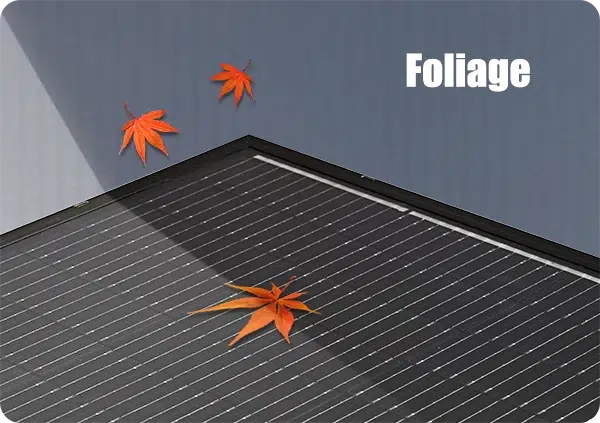


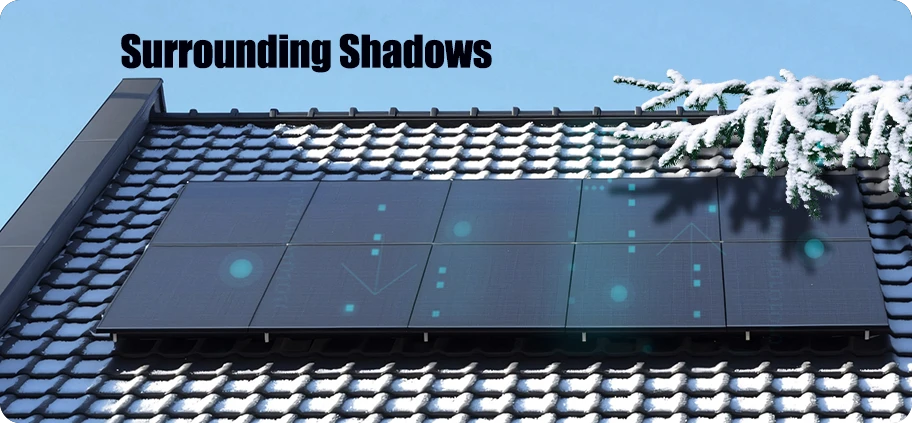
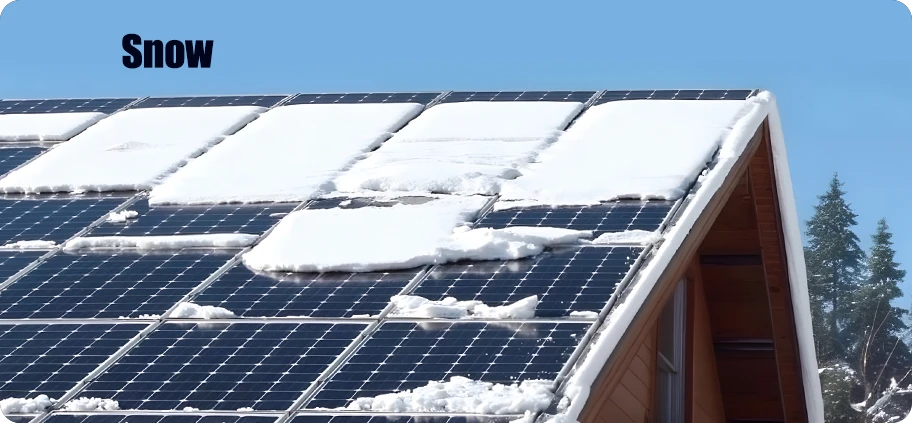
Cell-level shadow management technology
Sungold anti-shade solar panels Minimises power loss by optimising the performance of each cell. Our technology ensures that each cell operates efficiently under varying light conditions.Our range of products includes fleixble solar panels, rigid solar panels and other solar panels.Designed to meet the needs of your scenario
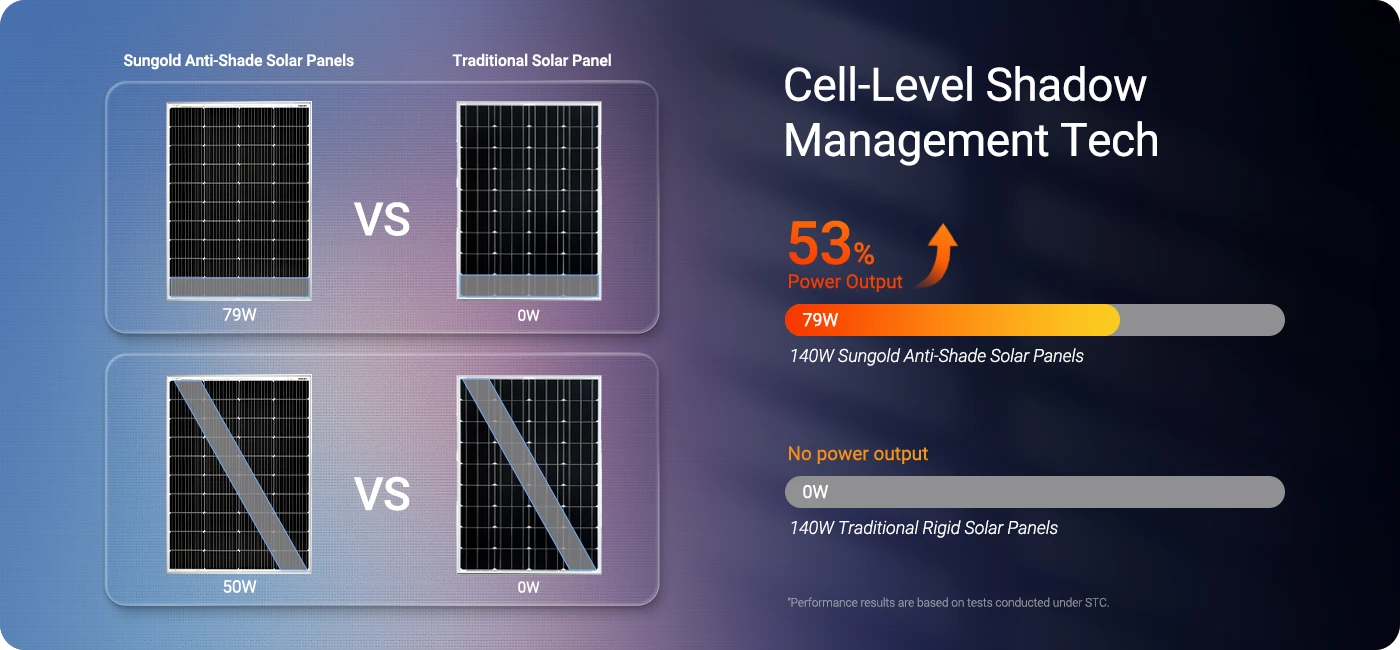
How Sungold Anti-hotspot Solar Panels Can Help
Hot spots can lead to substantial power loss, module damage, and even early system failure in traditional solar systems. Sungold’s cutting-edge technology solves this problem with precision, allowing for optimal module performance across a variety of conditions.

Cell-level shadow management technology
The ShadowFlex Anti-shading technology continues to generate power in partial shade where traditional panels stop working altogether.

Reduced Hotspots
In traditional panels, debris or shading can cause hot and cool spots which lead to micro-cracks within the cell, this new design minimizes this problem and contributes to a longer lifespan.

Environmental Durability
Using advanced materials this panel can handle snow, rain, and even small hail for decades (aka, ≥IP67 protection). The sturdy 1.2mm aluminum frame provides enhanced impact resistance.
| SGSP 120W | SGM2-140W | SG-TF-S-120W | SG-TF-M2-140W | SG-PA621-140W | SG-TF-S-115W | SG-TF-M2-135W | SG-TF-M2-300W | |
|---|---|---|---|---|---|---|---|---|
| Model | ||||||||
| Cell Efficiency | >24.4% | >22.70% | >24.4% | >22.70% | >22.70% | >24.4% | >22.7% | >22.7% |
| Max Power Voltage | 23.3v | 23.2V | 19.8V | 23.2V | 23.2V | 19.2v | 22.6V | 46.4V |
| Max Power Current | 6.07A | 6.03A | 6.07A | 6.03A | 6.03A | 5.99A | 5.97A | 6.47A |
| Open Circuit Voltage | 19.8v | 27.1V | 23.3V | 27.1V | 27.1V | 22.6V | 26.4V | 54.2V |
| Short Circuit Current | 6.42A | 6.33A | 6.42A | 6.33A | 6.33A | 6.35A | 6.27A | 6.79A |
| Cell type | SunPower | Monocrystalline | Monocrystalline | Monocrystalline | Monocrystalline | SunPower | Monocrystalline | Monocrystalline |
| Weight | 6.51KG | 8.20KG | 2.51KG | 2.70KG | 4.75KG | 2.45KG | 2.60KG | 5.34KG |
| Product Size | 1060*540*35mm | 1000*770*35mm | 1070*540*3mm | 1020*765*3mm | 1133*807*12mm | 1050*540*3mm | 995*765*3mm | 1500*1030*3mm |
| The maximum system voltage | 1000V DC | 1000V DC | 200V DC | 600V DC | 1000V DC | 200V DC | 600V DC | 600VDC |
| Color | White | White | White | White | White | White | White | White |
| Remarks | SUNGOLD offer customize service,please refer to our website or ask SUNGOLD workers for more sizes and the latest parameters. | |||||||
Outstanding performance even in the shade
We carefully manage hotspot batteries to reduce the number of batteries affected by hotspots and ensure consistent performance is delivered throughout the day.
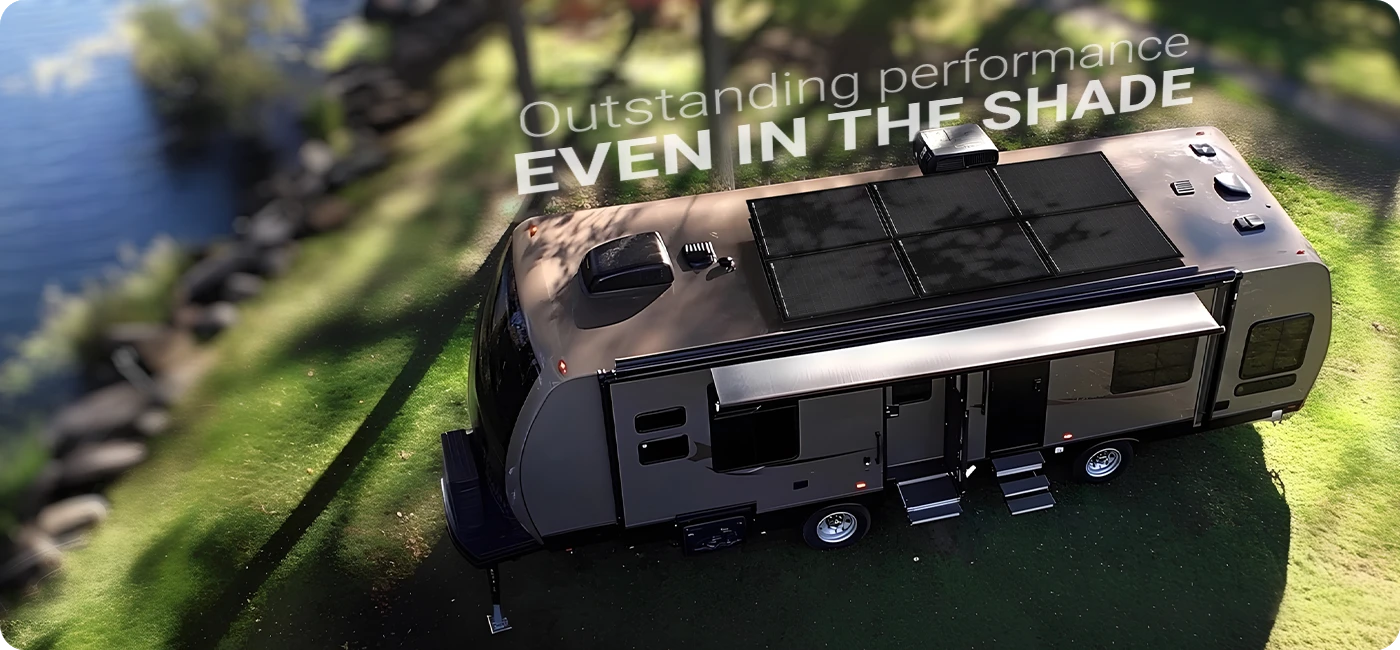
No more worrying about shadows
Performs well in changing sunlight angles and provides consistent power output to ensure you get value for money for your investment.
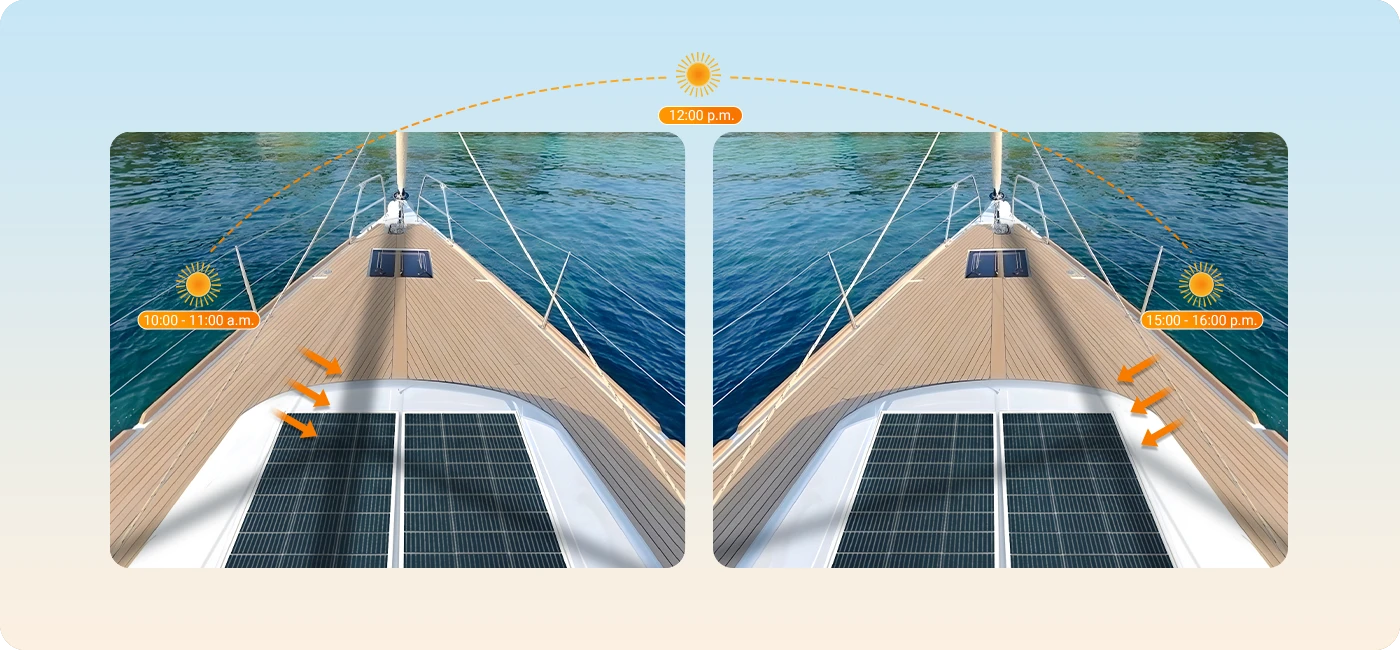
Enhanced hot-spot resistance
By embedding components inside the module, Sungold carefully manages hotspot cells and reduces the number affected by hotspots. At the same time, our innovative process technology ensures that the module stack diode temperature remains below 85°C during peak current output, increasing module output and safety.
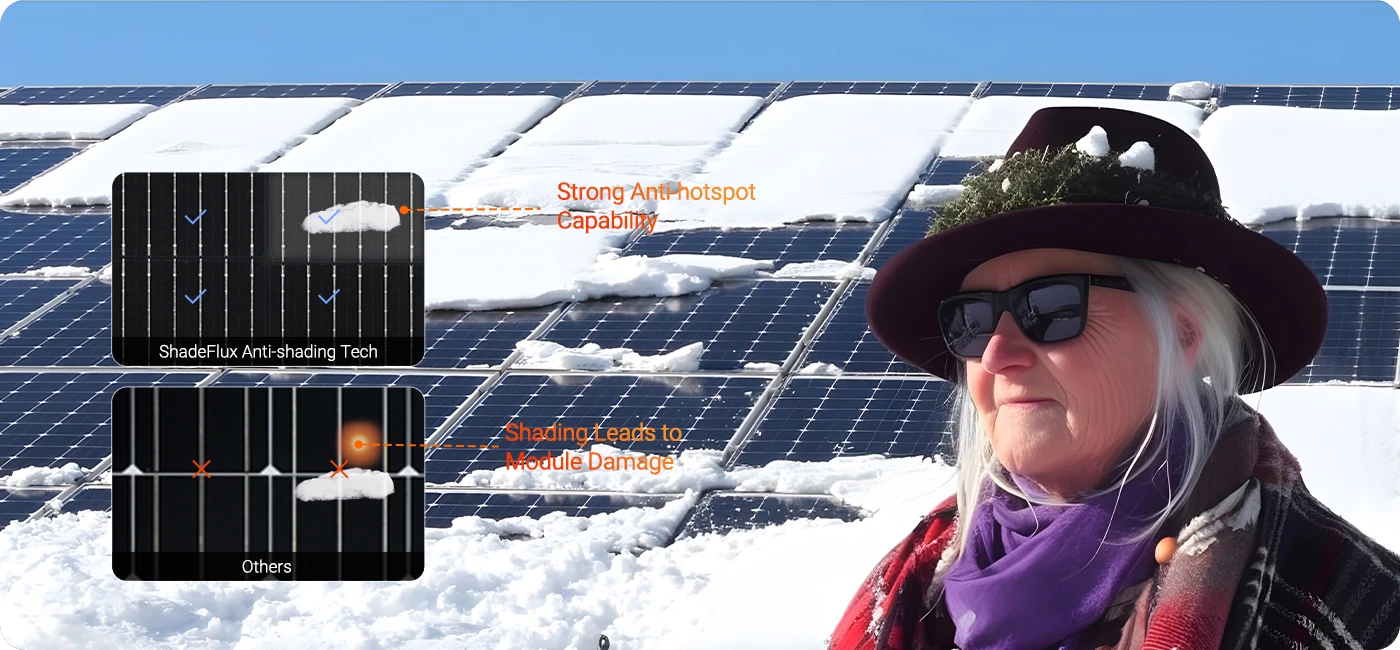
The Ideal Solution for Shading in Any Scenario
The anti-shade solar panels are engineered to perform exceptionally well under varying sunlight angles, ensuring consistent power generation throughout the day. Unlike traditional panels that can suffer from partial shading or low-angle sunlight, these panels maintain high efficiency even when the sun’s position changes or when partial shading occurs from trees, buildings, or other obstructions.
Solar Tracking Systems
Tracking systems adjust the position of the solar panels throughout the day to follow the path of the sun, maximising exposure to direct sunlight and minimising the incidence of shadows.
Although they represent a more significant initial investment, they can offer a considerable increase in energy production.
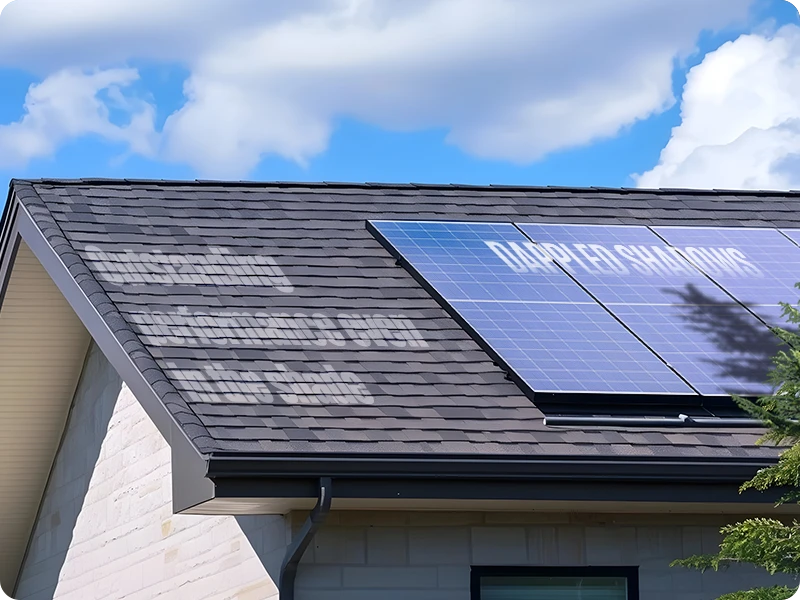
Adaptive Technologies for Shaded Roofs
Solar panels designed for shaded roofs use specialised technologies, such as split solar cells or energy optimising modules, which generate electricity even in sub-optimal conditions.
These systems are ideal for installations in urban areas where shadows are unavoidable.
Learn More About Sungold's Products
Portable
Solar Panel
Portable solar panel is lightweight and compact, making them easy to carry wherever you go.
Learn More
Rigid
Solar Panel
Rigid solar panel is time-proven products, and it is the iconic product in the solar panel family.
Learn More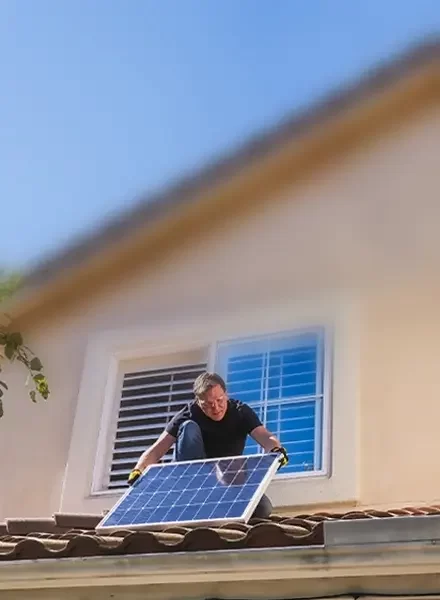
Folding
Solar Panel
Folding solar panel is foldable with mounting brackets for easy use and installation.
Learn More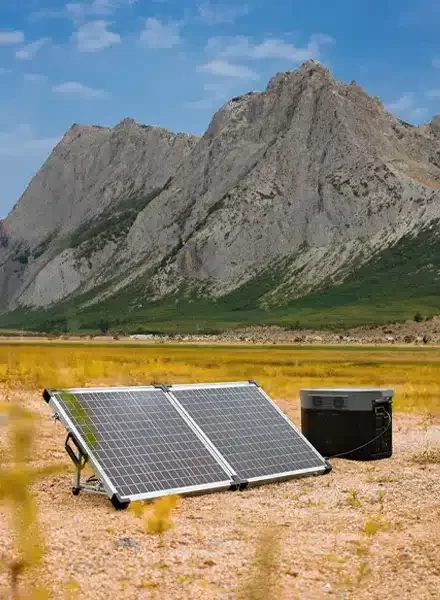
Frequently Asked Questions about shading in solar panels
Thank you for your interest in our flexible solar panels. Here are some frequently asked questions that may be of interest to you:
Partial Shading Optimization
In simple terms, when a cell is shaded, it can pass current around itself. This allows the majority of the cells in the panel sub-string to continue contributing voltage and energy, significantly improving overall panel efficiency even in partially shaded conditions.
What happens to the current when the PV cells are connected in series and shaded?
Cells are connected in series in a module to increase the voltage. Since the cells are in series, the current has to be the same in each cell and shading one cell causes the current in the string of cells to fall to the level of the shaded cell.
Does shading affect solar panels in parallel?
However, a shaded module in one string does not reduce the power output of a parallel string. Therefore, by grouping shaded modules into separate strings, it’s possible to maximize the total overall power output of the solar array.
What is the problem with solar panel shading?
The panels experiencing shading can pull down the power production of all the other panels that they are connected in series to. There is also the potential of “hot spots” forming on the solar panels. These hot spots happen when shading on a small portion of a panel causes the cells to heat up and in time burn out.
What is effect of shading in solar panels and how it causes hot spot?
The mechanism of hot spot effect
When the weak cell Y is partially shaded it has lower Iph and thus will be under reverse bias. It will then be heated by the power generated by the other cells in the same string, as shown in Fig.
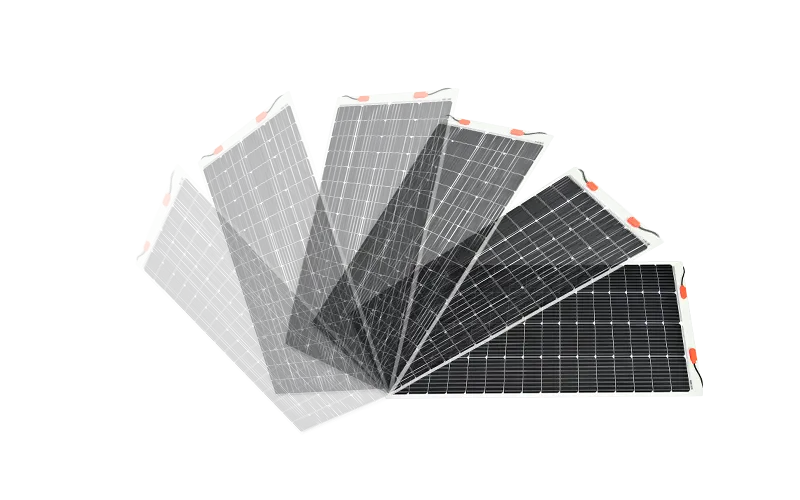
What happens to the vi characteristics when a portion of the solar cell is shaded?
Similarly, when a solar cell is shaded, the electrical current through the entire string can be reduced. This is significant because every PV cell in the cell string has to operate at the current set by the shaded cell. This limitation prevents the unshaded cells from operating at peak performance.
What is the shadow effect on solar panels?
The shadow effect occurs when a photovoltaic system does not receive the same amount of incident irradiation level throughout the system due to obstacles. In these conditions, the cells receiving a lower level of irradiance can absorb power instead of producing it
How much does tree shade affect solar panels?
The most obvious and most common source of shading is trees. While trees are nice to have around your home, they can cause issues when it comes to solar panels. The shade these trees produce can block the sunlight falling on your solar panels and greatly reduce their energy output
Leave a Message
Unlock Reliable Solar Power Anywhere: Our panels deliver outstanding performance even in the shade, with advanced hotspot management for consistent energy output all day long.

